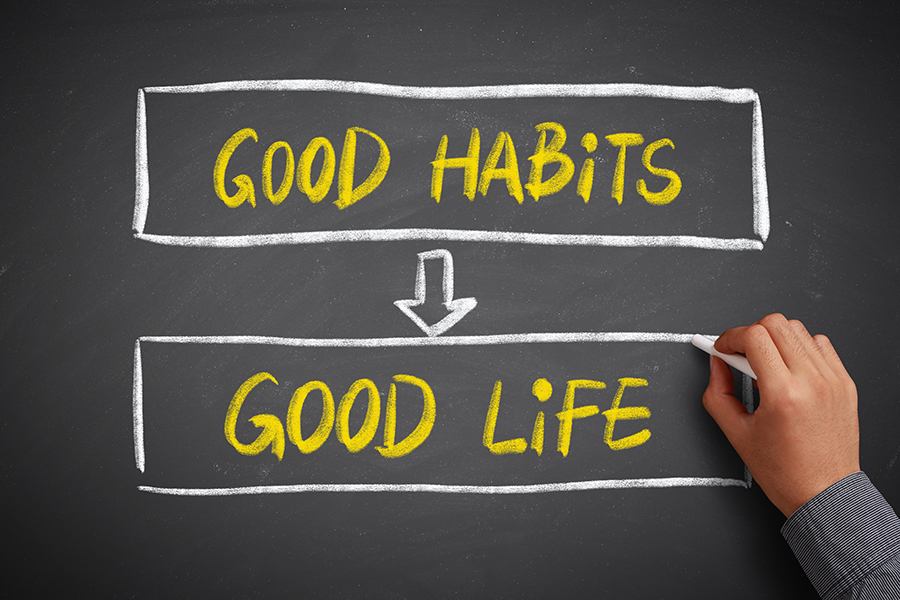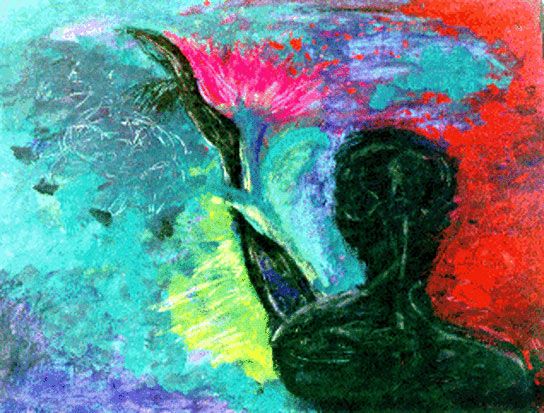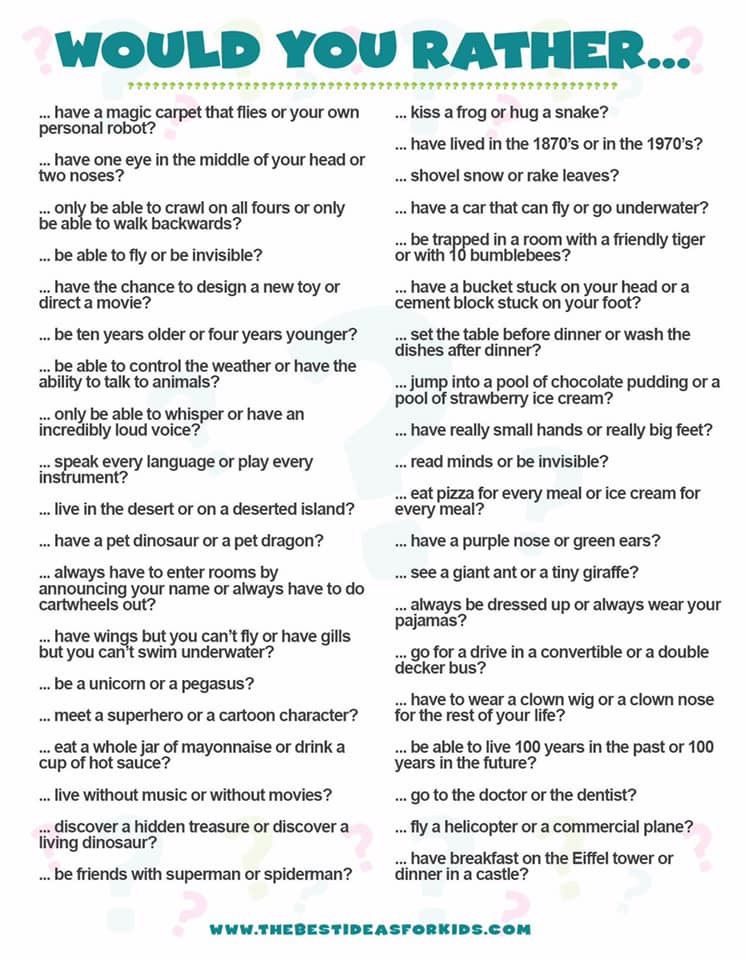Does crying help relieve anxiety
Benefits of Crying for Mental Health
When you are feeling down, your body may be searching for a source of relief to release the bottled up emotions. While many people try to hide their tears to try not to cry at all for fear of looking weak, crying has numerous benefits for your overall mental health. Understanding these benefits can open up more people to crying without associating it with something negative, but rather as an aid to your mental health.
Crying Helps Detox the BodyHumans produce three kinds of tears: reflex, continuous, and emotional. Each of these serves the purpose of helping to detox and cleanse your body. Reflect tears clean out debris from your eyes, such as smoke and dust, helping protect them. Continuous tears protect your eyes from infection by keeping them moist. Emotional tears contain stress hormones and other toxins that they flush from your body.
Crying Helps Improve Your MoodMany people associate crying with feeling sad and making them feel worse, but in reality, crying can help improve your mood - emotional tears release stress hormones. Your stress level lowers when you cry, which can help you sleep better and strengthen your immune system. You should feel better after a good cry once these hormones leave your body, leaving you feeling better than before.
When you cry, your parasympathetic nervous system (PNS) activates. Your PNS helps your body digest food and rest better. Any symptoms of stress, such as stomach aches and restlessness, can be relieved after a couple of minutes of merely crying. This will help you self-soothe and feel better.
Crying Helps Heal GriefIf you have ever gone through the grieving process, you understand that it takes time to move through the various stages. Crying can help you through each step of grief as it aids in accepting losing a loved one. While crying does not work for everyone during this process, some find comfort in releasing emotions and helping them process their loss.
Whether you are experiencing physical or emotional pain, crying can help lessen the severity of this pain. Endorphins are released while you cry, helping numb the pain and give you a sense of overall calm. This process also plays a role in self-soothing as well as lessen the intensity of pain felt.
Endorphins are released while you cry, helping numb the pain and give you a sense of overall calm. This process also plays a role in self-soothing as well as lessen the intensity of pain felt.
Crying is often associated with negative feelings, such as feeling sad, angry, lonely, and more. However, humans cry when they experience happiness, fear, stress, and other emotions. For these reasons, crying can help bring emotional equilibrium by helping your body recover from various strong, complex emotions.
Crying Alerts You to Something WrongSometimes you may be suppressing painful emotions without realizing it. Crying can help you recognize that something is wrong, whether it be emotional or a physical situation you are in. Once you realize that something is going on, you can take the proper steps to identify precisely what that is. From there, you can cope with your emotions healthily to avoid further suppressing them.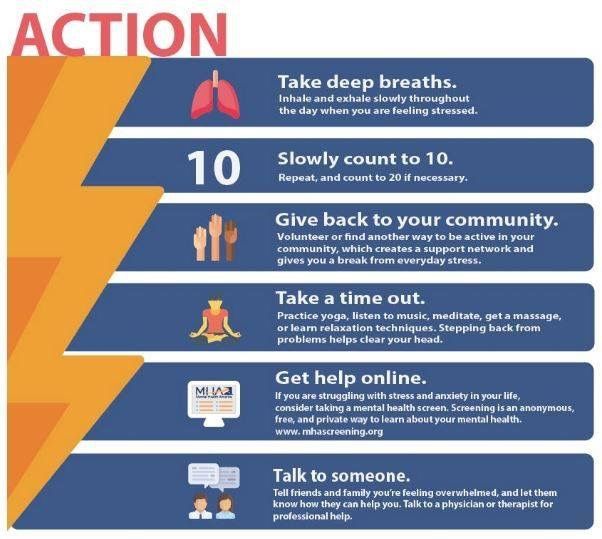
Feeling down can cause you to isolate or simply not tell those around you that you are struggling. However, crying can notify those close to you that you need help. This begins when you are a baby, as crying is an attachment behavior that humans engage in to receive support from others. Crying for support doesn’t stop when you are an infant; it can continue into adulthood. When others can see you are struggling when you cry, you can grow your support circle for further friendship and assistance.
Crying Fights InfectionWhen you don’t cry for a long time or are not producing tears, your eyes can become dry. Dry eyes can lead to discomfort and an inability to fight infection. By crying, your eyes will be more lubricated to alleviate the discomfort and help keep your eyes free of infection.
Crying Can Encourage You to Seek HelpIf you find yourself crying emotional tears consistently over an extended period, it could allude to a deeper issue at hand. This could mean it is time to seek help from a professional to help your overall mental health and wellbeing. There is no shame in needing extra help sometimes, and crying can alert you that it is time to seek it out.
This could mean it is time to seek help from a professional to help your overall mental health and wellbeing. There is no shame in needing extra help sometimes, and crying can alert you that it is time to seek it out.
With many different connotations surrounding crying, most people tend to associate it with negative thoughts and feelings. However, crying has numerous health benefits that can positively affect your life. By learning these benefits, people may be more open to crying and not seeing it as a sign of weakness. In this way, mental health can be a more open conversation as others are alerted to your need for support. If you find yourself crying emotional tears frequently, it could be time to seek professional help. This way, you can begin the journey to healing sooner and start living your best life. Facilities like Northstar Transitions can help point you in the right direction to support your mental health. This is especially true if you have turned to unhealthy coping methods to deal with suppressed emotions or declining mental health.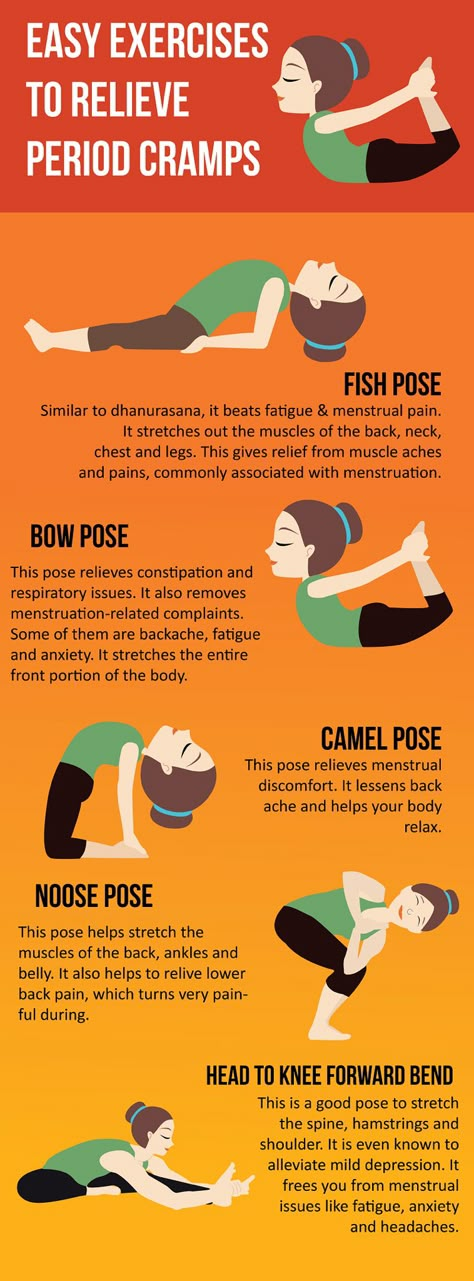 The NorthStar difference is clinical excellence, evidence-based therapeutic modalities, personalized treatment plans, and our location in the serene and majestic setting of Boulder, Colorado. Give our staff a call today at (303) 558-6400. We can help you find the healing you have been searching for.
The NorthStar difference is clinical excellence, evidence-based therapeutic modalities, personalized treatment plans, and our location in the serene and majestic setting of Boulder, Colorado. Give our staff a call today at (303) 558-6400. We can help you find the healing you have been searching for.
Why do we cry, and when to seek support
Crying is a natural response humans have to a range of emotions, including sadness, grief, joy, and frustration. But does crying have any health benefits?
It is not unusual to cry, and both sexes cry more than people may assume. In the United States, women cry an average of 3.5 times per month and men cry an average of 1.9 times a month.
Interestingly, humans are the only animals to cry tears. This article explores why we cry and what health benefits crying may have.
Share on PinterestCrying is a natural response to emotions or irritants like dust in the eyes.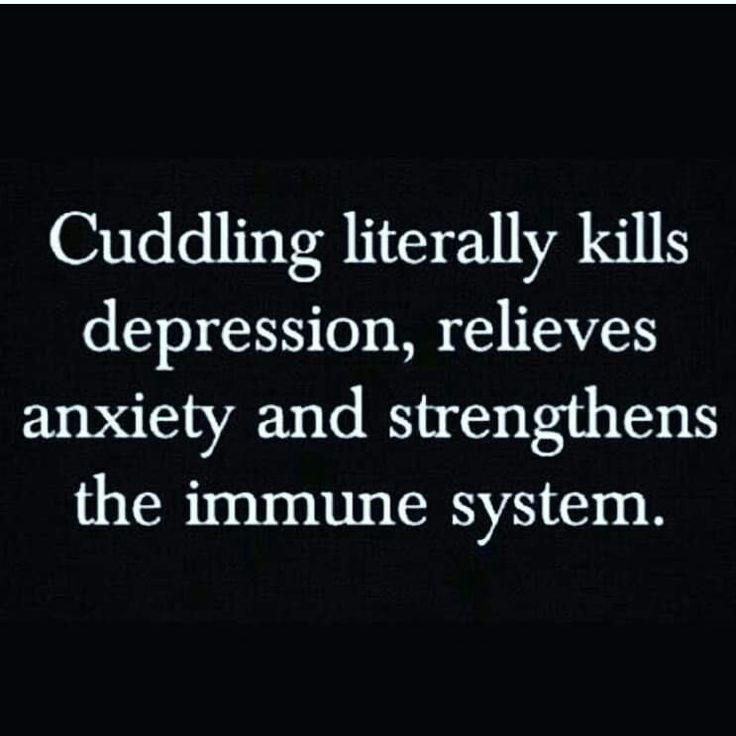
Humans produce three types of tears:
- Basal: The tear ducts constantly secrete basal tears, which are a protein-rich antibacterial liquid that help to keep the eyes moist every time a person blinks.
- Reflex: These are tears triggered by irritants such as wind, smoke, or onions. They are released to flush out these irritants and protect the eye.
- Emotional: Humans shed tears in response to a range of emotions. These tears contain a higher level of stress hormones than other types of tears.
When people talk about crying, they are usually referring to emotional tears.
People may try to suppress tears if they see them as a sign of weakness, but science suggests that doing so could mean missing out on a range of benefits. Researchers have found that crying:
1. Has a soothing effect
Self-soothing is when people:
- regulate their own emotions
- calm themselves
- reduce their own distress
A 2014 study found that crying may have a direct, self-soothing effect on people. The study explained how crying activates the parasympathetic nervous system (PNS), which helps people relax.
The study explained how crying activates the parasympathetic nervous system (PNS), which helps people relax.
2. Gets support from others
As well as helping people self-soothe, crying can help people get support from others around them.
As this 2016 study explains, crying is primarily an attachment behavior, as it rallies support from the people around us. This is known as an interpersonal or social benefit.
3. Helps to relieve pain
Research has found that in addition to being self-soothing, shedding emotional tears releases oxytocin and endorphins.
These chemicals make people feel good and may also ease both physical and emotional pain. In this way, crying can help reduce pain and promote a sense of well-being.
4. Enhances mood
Crying may help lift people’s spirits and make them feel better. As well as relieving pain, oxytocin and endorphins can help improve mood. This is why they are often known as “feel good” chemicals.
5. Releases toxins and relieves stress
When humans cry in response to stress, their tears contain a number of stress hormones and other chemicals.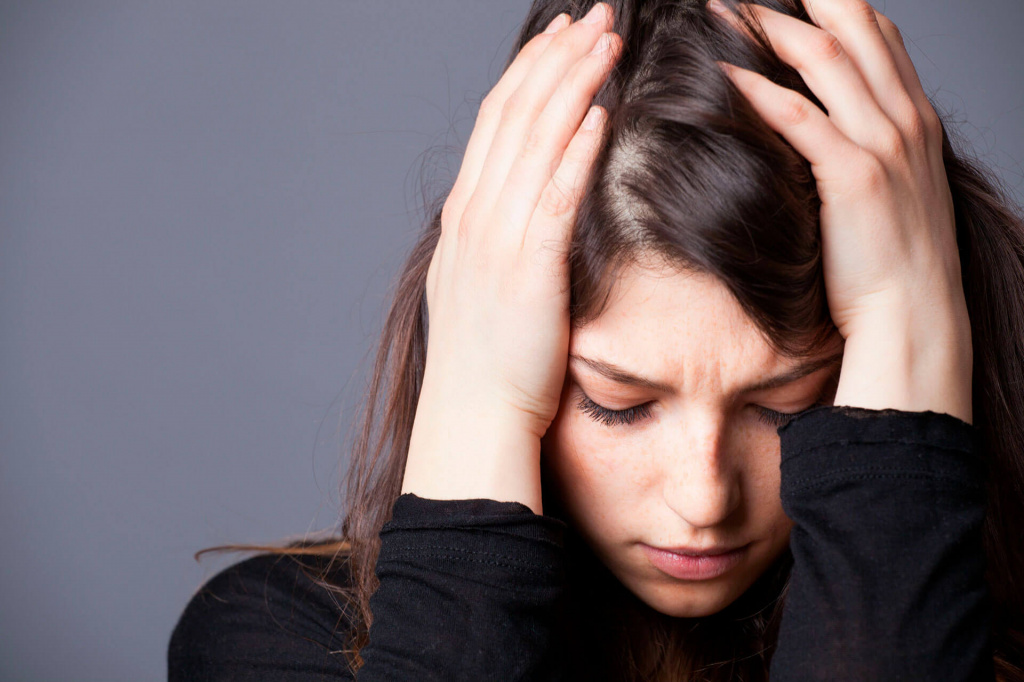
Researchers believe that crying could reduce the levels of these chemicals in the body, which could, in turn, reduce stress. More research is needed into this area, however, to confirm this.
6. Aids sleep
A small study in 2015 found that crying can help babies sleep better. Whether crying has the same sleep-enhancing effect on adults is yet to be researched.
However, it follows that the calming, mood-enhancing, and pain-relieving effects of crying above may help a person fall asleep more easily.
7. Fights bacteria
Crying helps to kill bacteria and keep the eyes clean as tears contain a fluid called lysozyme.
A 2011 study found that lysozyme had such powerful antimicrobial properties that it could even help to reduce risks presented by bioterror agents, such as anthrax.
8. Improves vision
Basal tears, which are released every time a person blinks, help to keep the eyes moist and prevent mucous membranes from drying out.
As the National Eye Institute explains, the lubricating effect of basal tears helps people to see more clearly.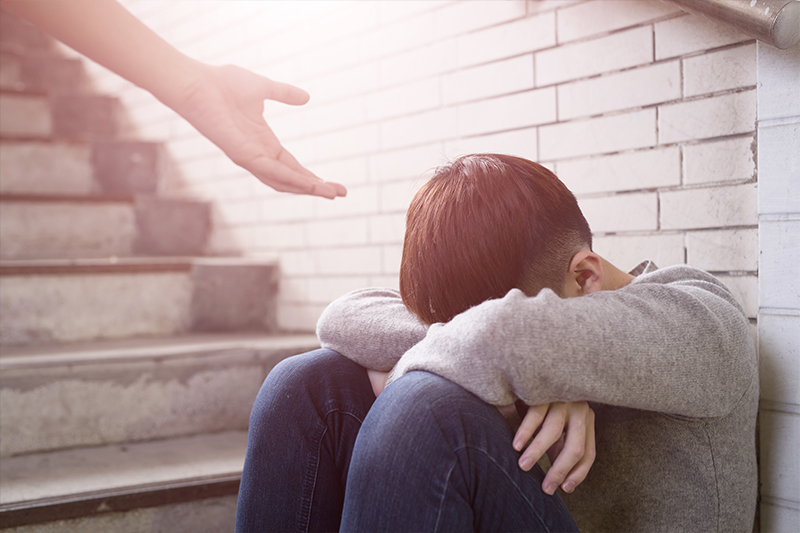 When the membranes dry out, vision can become blurry.
When the membranes dry out, vision can become blurry.
Share on PinterestCrying has a number of health benefits, but frequent crying may be a sign of depression.
Crying in response to emotions such as sadness, joy, or frustration is normal and has a number of health benefits.
However, sometimes frequent crying can be a sign of depression. People may be depressed if their crying:
- happens very frequently
- happens for no apparent reason
- starts to affect daily activities
- becomes uncontrollable
Other signs of depression include:
- having trouble concentrating, remembering things, or making decisions
- feeling fatigued or without energy
- feeling guilty, worthless, or helpless
- feeling pessimistic or hopeless
- having trouble sleeping or sleeping too much
- feeling irritable or restless
- not enjoying things that were once pleasurable
- overeating or undereating
- unexplained aches, pains, or cramps
- digestive problems that do not improve with treatment
- persistent anxiety
- suicidal thoughts or thoughts of self-harm
If a person is experiencing symptoms of depression, or someone they know is, then they should talk to a doctor.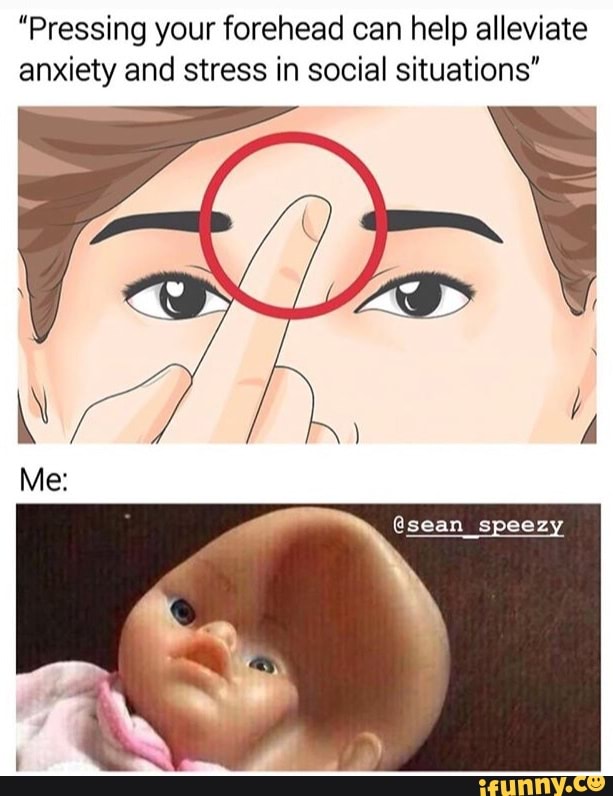
Should a person feel suicidal, or know someone who is feeling that way, they should call:
- emergency services
- the National Suicide Prevention Lifeline on 800-273-8255 (if in the U.S.).
Crying is a normal human response to a whole range of emotions that has a number of health and social benefits, including pain relief and self-soothing effects.
However, if crying happens frequently, uncontrollably, or for no reason, it could be a sign of depression. If this is the case, it is a good idea to speak to a doctor.
Cry well - is it good for health?
- Jason Goldman
- BBC Future
Sign up for our 'Context' newsletter to help you understand what's going on.
Image Credit, iStock
There is a common belief that tears are a good way to relieve stress. BBC Future columnist wondered: Is this scientifically true?
Until recently, scientists and writers disagreed sharply about the benefits of crying.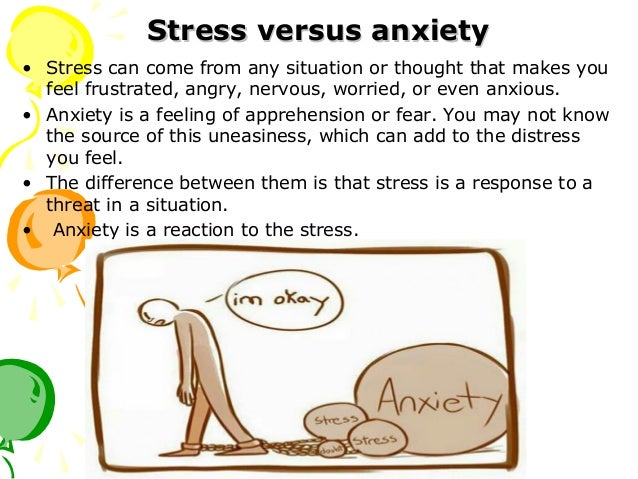
In his play "Henry VI" Shakespeare wrote: "Weeping weakens the bitterness of anguish", and the American writer Lemony Snicket noted that "if you cry well and for a long time, you will feel better, even if the situation has not changed at all."
- Why people learned to cry
- Is it harmful to accumulate anger in oneself?
- Should the boss cry with you?
- Blood, sweat and tears: the secrets of our secrets
On the other hand, Charles Darwin believed that the production of tears (regardless of the process of crying) was just a useless side effect of the muscles located around the eye.
In his opinion, these muscles must contract from time to time so as not to overflow with blood, and the release of tears is simply an accidental consequence of this physiological process that appeared in the process of evolution.
(However, Darwin admitted that crying helps babies get the attention of their parents).
Today we know that crying (at least in adults) is a complex physiological response to certain emotional stimuli.
The main distinguishing feature of crying is the appearance of tears, but it is also accompanied by a change in facial expression and breathing rate.
For example, when we cry, we often sob, that is, we inhale and exhale sharply.
Scientifically, this means that crying and producing tears in response to a chemical stimulus (eg, if you rub your eyes after eating something spicy) are two different things.
Even the tears themselves are different. In 1981, Minnesota psychiatrist William H. Frey II discovered that tears elicited by watching a sad movie contained more protein than those produced by a reaction to a freshly chopped onion.
Image copyright, iStock
Image caption,The exact reasons why we cry are still a mystery
Skip the Podcast and continue reading.
Podcast
What was that?
We quickly, simply and clearly explain what happened, why it's important and what's next.
episodes
The End of the Story Podcast
At the same time, tears that well up in the eyes from an excess of emotions can be caused not only by sadness.
Anyone who has ever attended a hilarious comedy show or listened to the bride and groom read wedding vows to each other during the wedding will confirm this.
Many of us are familiar with a variety of reasons that can cause tears - both sad and joyful.
However, the reasons why we do this as adults are still not completely clear. Scientists have many hypotheses about this.
One of them is that the crying of adults is not really that different from that of a child, at least as far as its social aspect is concerned.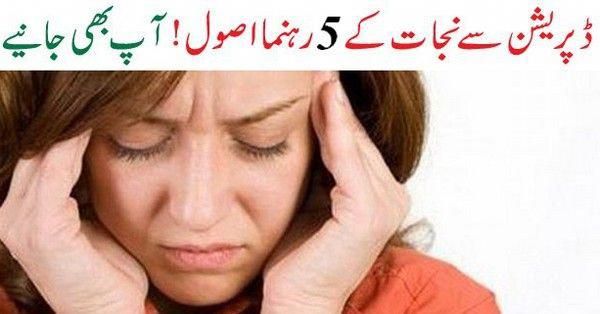
In other words, crying is a way to get attention, get support and help from friends when we need it most.
With the help of crying, we can tell our loved ones about our feelings when words are not enough for this.
This may explain some types of crying, but scientists have repeatedly found that adults often cry when left alone.
Image copyright, iStock
Image caption,Crying alone can be one way to assess your emotional state
Then they suggested that crying could serve as a means of "secondary assessment", that is, it helps a person realize how upset he is and understand his own feelings.
This is a rather controversial theory, suitable only for certain cases, although there are still some arguments in its favor.
One cannot ignore the concept of catharsis: crying helps us cope with situations that carry a great emotional load.
This idea is consonant not only with the words of Shakespeare, but also with the opinion of the Roman poet Ovid, who believed that "crying comforts, and grief dissolves in tears. "
"
The Greek philosopher Aristotle wrote that crying "purifies the mind."
In a 1986 study of popular American magazines and newspapers, a psychologist found that 94% of articles about crying claimed that crying helped relieve emotional stress.
In 2008, a study was published in which 4,300 young people from 30 countries took part. Most of them said that after crying, they felt better both physically and emotionally.
At the same time, some participants did not notice any changes, while others felt even worse.
Apparently it's all about the social context: if a person is embarrassed to cry in public, he will feel less relieved than if he cried alone or in the presence of one close friend.
Scientists also found that when people tried to hold back or hide their tears, their emotional state also did not improve significantly.
Therefore, a good cry can indeed be good for health, but for this it is necessary that the crying person be supported.
Ultimately, this means that adults may cry for much the same reason as babies: to call on friends and family members for help.
Read the original of this article in English at BBC Future .
The psychiatrist explained the benefits of crying for men - RBC
www.adv.rbc.ru
www.adv.rbc.ru
www.adv.rbc.ru
Hide banners
What is your location ?
YesSelect other
Categories
Euro exchange rate as of October 18
EUR CB: 60.56 (-1.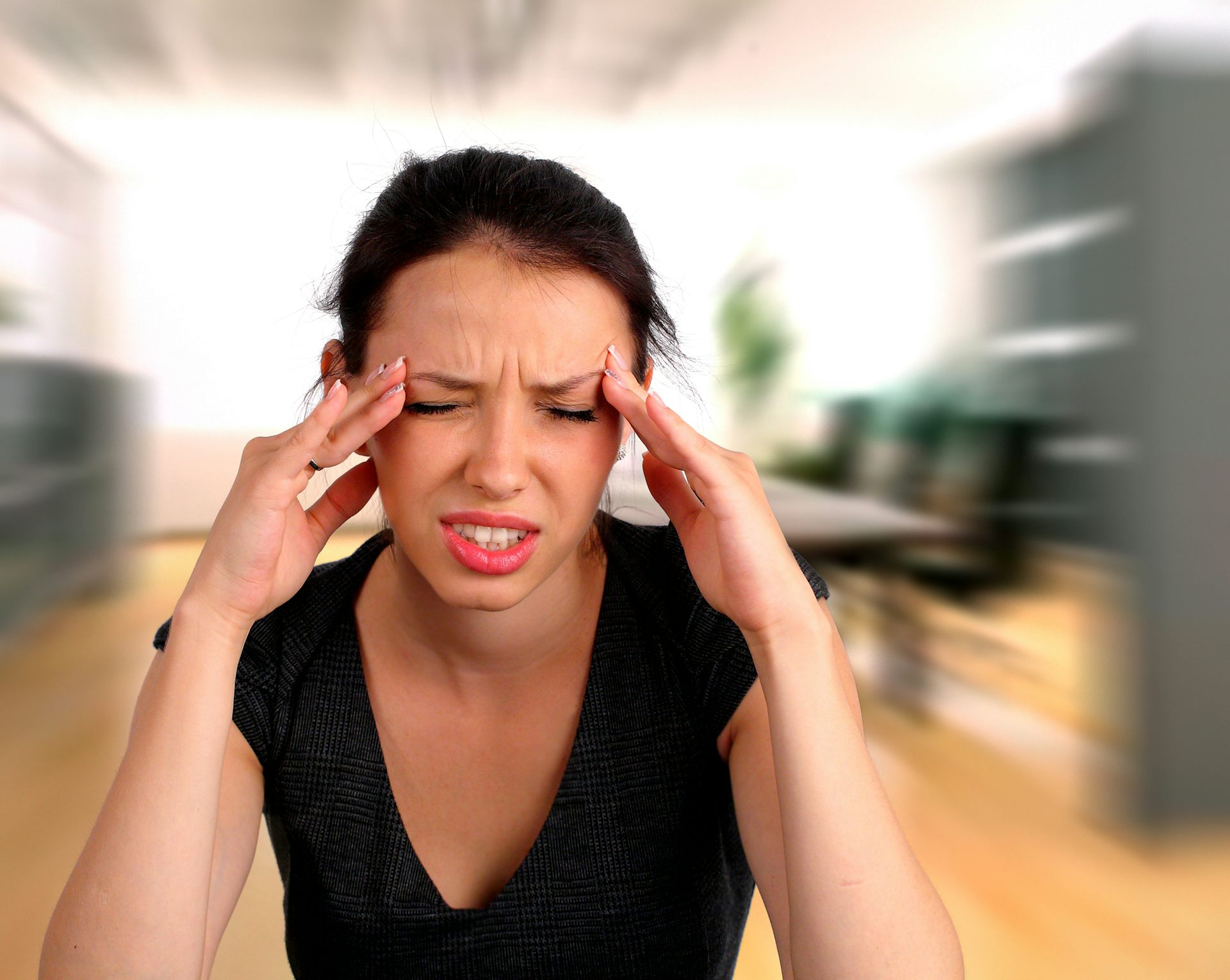 9one) Investments, 16:46
9one) Investments, 16:46
Dollar exchange rate on October 18
USD Central Bank: 61.76 (-1.29) Investments, 16:46
In the Odessa region declared an air alert Politics, 22:42
How to fight gambling addiction at the expense of gambling operators Partner project, 22:29
Air defense systems went off near Kyiv Politics, 22:15
www.adv.rbc.ru
www.adv.rbc.ru
Canada imposed sanctions against Bezrukov, Mashkov and Pevtsov Politics, 22:09
Working from the age of 13: all the pros and cons Partner project, 22:06
Military operation in Ukraine. The main thing Politics, 22:01
The main thing Politics, 22:01
A case was opened against three employees of Synergy due to certificates of deferment Society, 21:53
Explaining what the news means
RBC Evening Newsletter
Subscribe
CSKA beat Dynamo Moscow and won the fifth consecutive victory in the KHL Sport, 21:52
Short and expensive: how to make money on "beautiful" license plates Partner project, 21:43
A video with the pilot of the Su-34 crashed in Yeysk appeared Politics, 21:30
The IAEA reported the third shutdown of the ZNPP from the power line in recent days Politics, 21:26
Authorities report 4 dead and 6 missing in Su-34 crash in Yeysk Politics, 21:24
"I want to donate a kidney": why the organ transplant law needs to be changed Partner project, 21:20
Kokorin scored the third goal in four matches of the Cypriot championship Sports, 21:17
www. adv.rbc.ru
adv.rbc.ru
www.adv.rbc.ru
www.adv.rbc.ru
Allowing yourself to cry is worth not only women and children, but also men, as it helps to relieve stress. Psychiatrist Yevgeny Fomin stated this in an interview with Sputnik radio.
“Crying is good for the nervous system, since tears are a powerful anti-stress mechanism. When a person cries, he, figuratively speaking, allows negative and difficult emotions to come out through tears,” Fomin said.
According to him, it can be more difficult for men to survive a difficult situation in life, as they are deprived of “the ability to use crying as an anti-stress mechanism” due to social attitudes.
www.adv.rbc.ru
The psychiatrist added that together with tears, toxins and substances that stimulate stress are washed out of the body. He explained that tears contain prolactin, which is one of the stress hormones.
www.



